Ways to Give
Provide Services at NAC
Let's collab! We're always looking for ways to support our community.
Connect with Our Team
favoriteJoin us for the 41st Annual NAC Parade! Saturday, Oct. 11th at 9am, Oak St. & 3rd. -> Learn more!
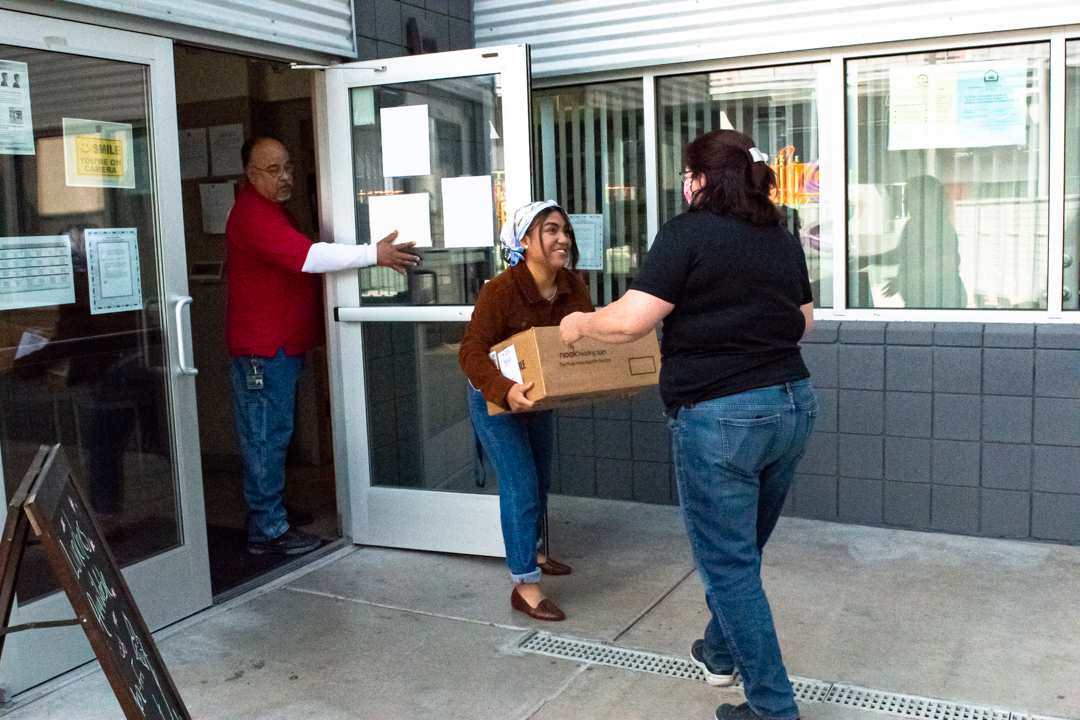
NAC partnerships help our programs grow. See how your organization can take part in changing lives and building healthy communities.
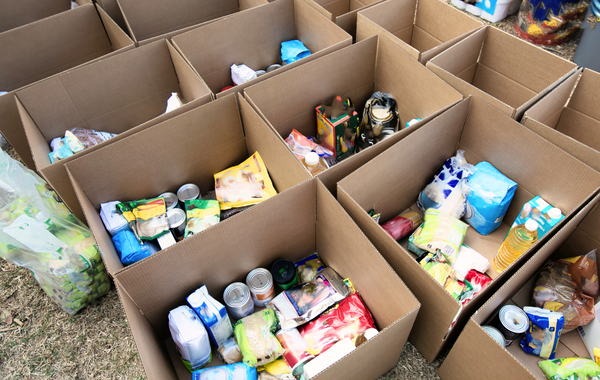
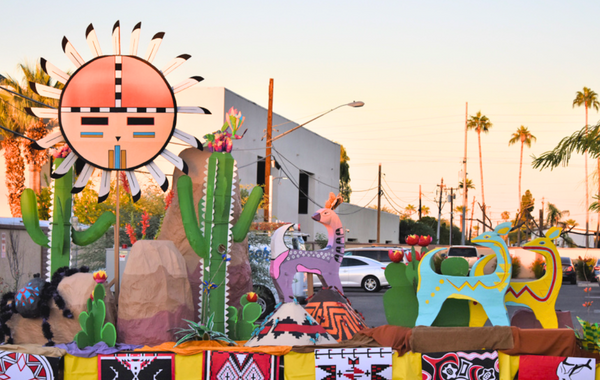
The residents, clients, and patients we serve benefit from the collective expertise of our diverse partnerships. Together, we can create lasting positive change and improve the well-being of homeless individuals, low-income families, and those in need of health and behavioral health treatment.
There are many ways to partner with NAC - see how your support increases our reach.
The need for culturally competent services providing emergency shelter, permanent supportive housing, affordable housing for families, with easily accessible integrated health services is growing in Arizona.
There is a meaningful role for corporations and private foundations who embrace the concept of Social Responsibility and want to significantly impact the crisis of homelessness and the medical and behavioral health treatment of a venerable population. NAC welcomes a conversation with you.
Our funding partners include:
NAC partners with local agencies to provide exceptional service to an under-served population. Our services partners include organizations across health and housing industries - learn more about our current partnerships and how you can help us change lives and build healthy communities.
Our service partners include:
Our traditions are the foundation of our organization - explore, learn, and utilize resources available for all.
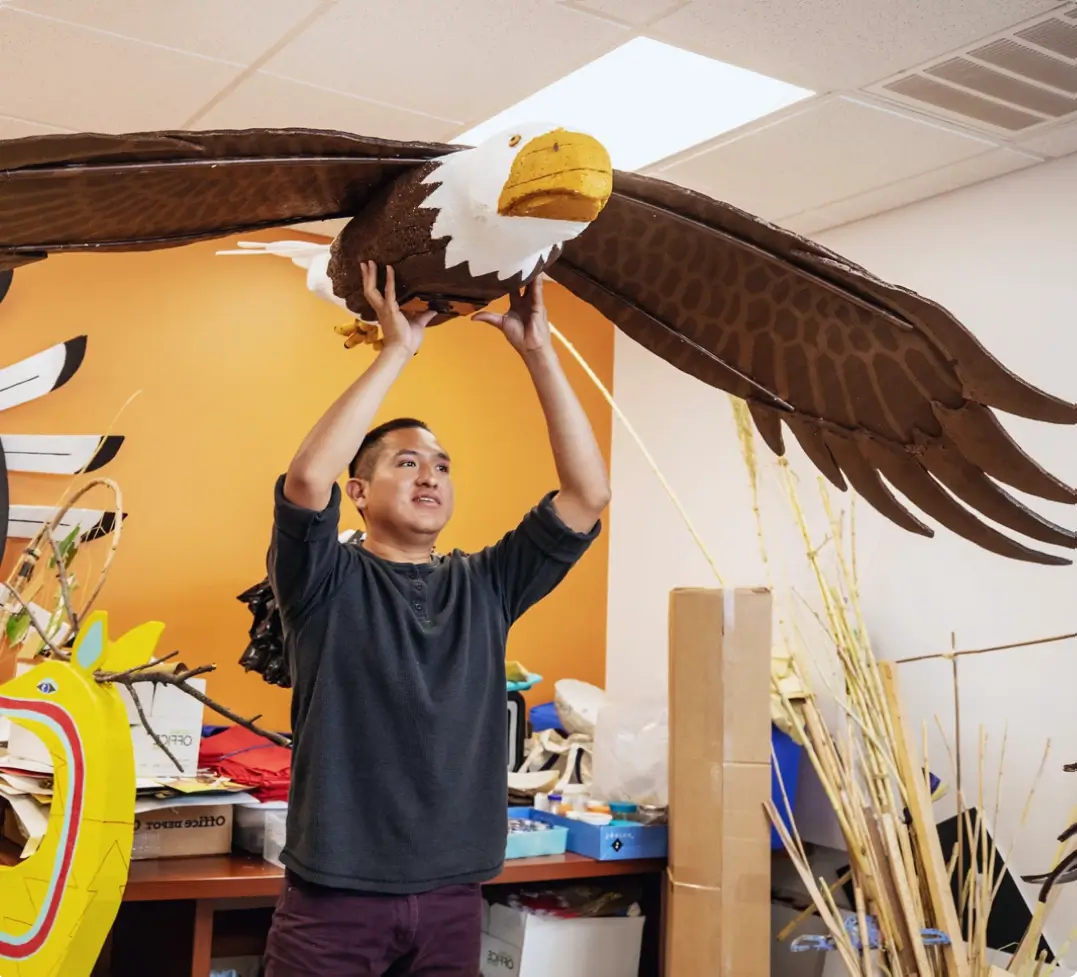
Get the support you need with health, housing, and community services available at Native American Connections.

Your support changes lives and builds healthy communities. Find ways to get involved.
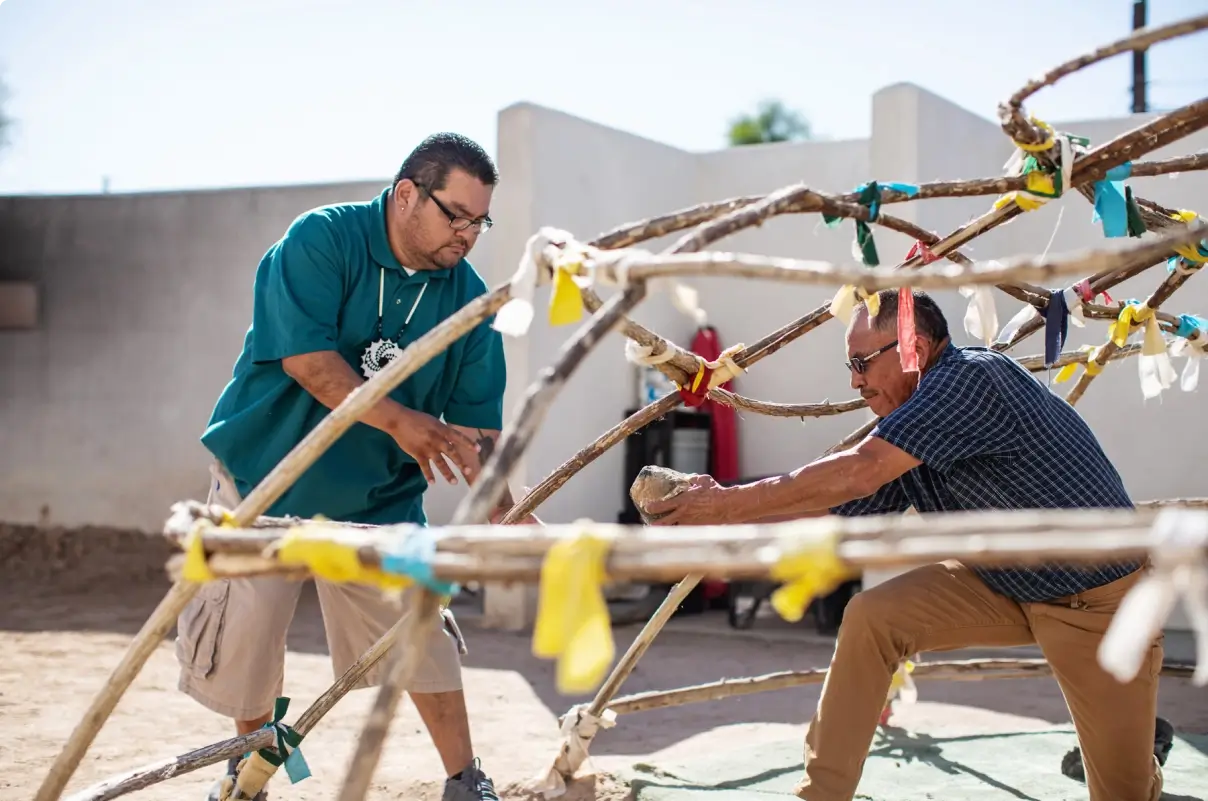
A "chronically homeless" individual is defined to mean a homeless individual with a disability who lives either in a place not meant for human habitation, a safe haven, or in an emergency shelter or in an institutional care facility if the individual has been living in the facility for fewer than ninety (90) days and had been living in a place not meant for human habitation, a safe haven or in an emergency shelter immediately before entering the institutional care facility. In order to meet the ‘‘chronically homeless’’ definition, the individual also must have been living as described above continuously for at least twelve (12) months or on at least four (4) separate occasions in the last three (3) years, where the combined occasions total a length of time of at least twelve (12) months. Each period separating the occasions must include at least seven (7) nights of living in a situation other than a place not meant for human habitation, in an emergency shelter or in a safe haven.
Federal nondiscrimination laws define a person with a disability to include any (1) individual with a physical or mental impairment that substantially limits one or more major life activities; (2) individual with a record of such impairment; or (3) individual who is regarded as having such an impairment. In general, a physical or mental impairment includes, but is not limited to, examples of conditions such as orthopedic, visual, speech and hearing impairments, cerebral palsy, autism, epilepsy, muscular dystrophy, multiple sclerosis, cancer, heart disease, diabetes, Human Immunodeficiency Virus (HIV), developmental disabilities, mental illness, drug addiction, and alcoholism.